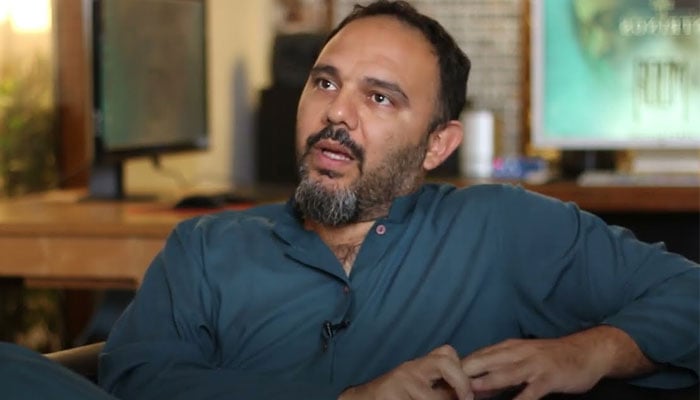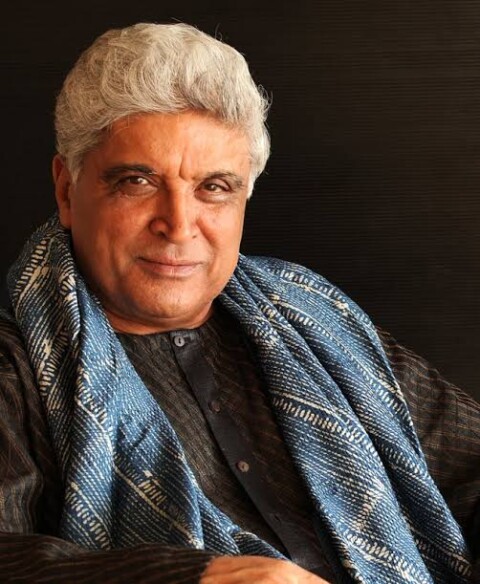In a significant legal development, Pakistani filmmaker Jamshed Mahmood Raza, known as Jami, has been sentenced to two years in prison by a sessions court in Karachi. The court found him guilty in a defamation case filed by fellow director Sohail Javed.
The Case Stems from a 2019 Facebook Post
The controversy dates back to 2019, when Jami read a letter during a public event at Lahooti Melo. The letter referred to a sexual assault incident and indirectly pointed toward a music video and commercial director. Jami later posted the letter on his Facebook page on February 15, 2019.
Although no names were directly mentioned, many online users identified Sohail Javed as the accused based on details provided. The situation escalated when Jami did not clarify or deny the speculations in public.
Court Rules in Favor of Sohail Javed
Sohail Javed argued that the post damaged his reputation irreparably, stating:
> “The references in the letter were obvious, and thousands saw it at the event and on YouTube. People began naming me in comments, and Jami did nothing to stop the rumors.”
Javed said he even sent a legal notice demanding a public apology and the removal of the post, but Jami ignored it.
Jami’s Defense Rejected by the Court
Jami claimed he did not write the letter himself but received it from the Lahooti event organizers. He further stated that Facebook users mentioned Javed’s name, not him, and he later deleted the post and deactivated his account.
However, the court rejected this defense, ruling that:
> “The letter contained identifiable personal details which indirectly pointed to the plaintiff. Jami failed to prevent or correct the public misunderstanding and even shared screenshots reinforcing the allegations.”
Due to lack of evidence supporting Jami’s claims and his failure to limit the harm, the court convicted him under Section 500 of the Pakistan Penal Code (Defamation).
Immediate Arrest Ordered
Following the verdict, the court ordered that Jami be taken into custody immediately and sent to jail to serve his two-year sentence along with a fine of PKR 10,000.
This case has triggered fresh debate around freedom of expression, social media accountability, and the limits of p
ublic accusations in the age of viral content.







